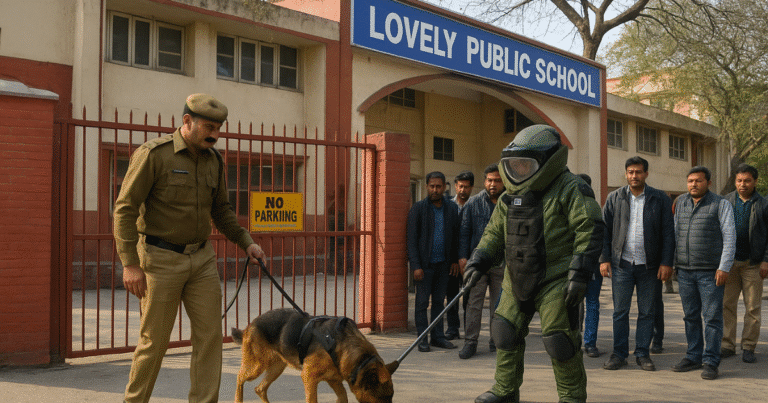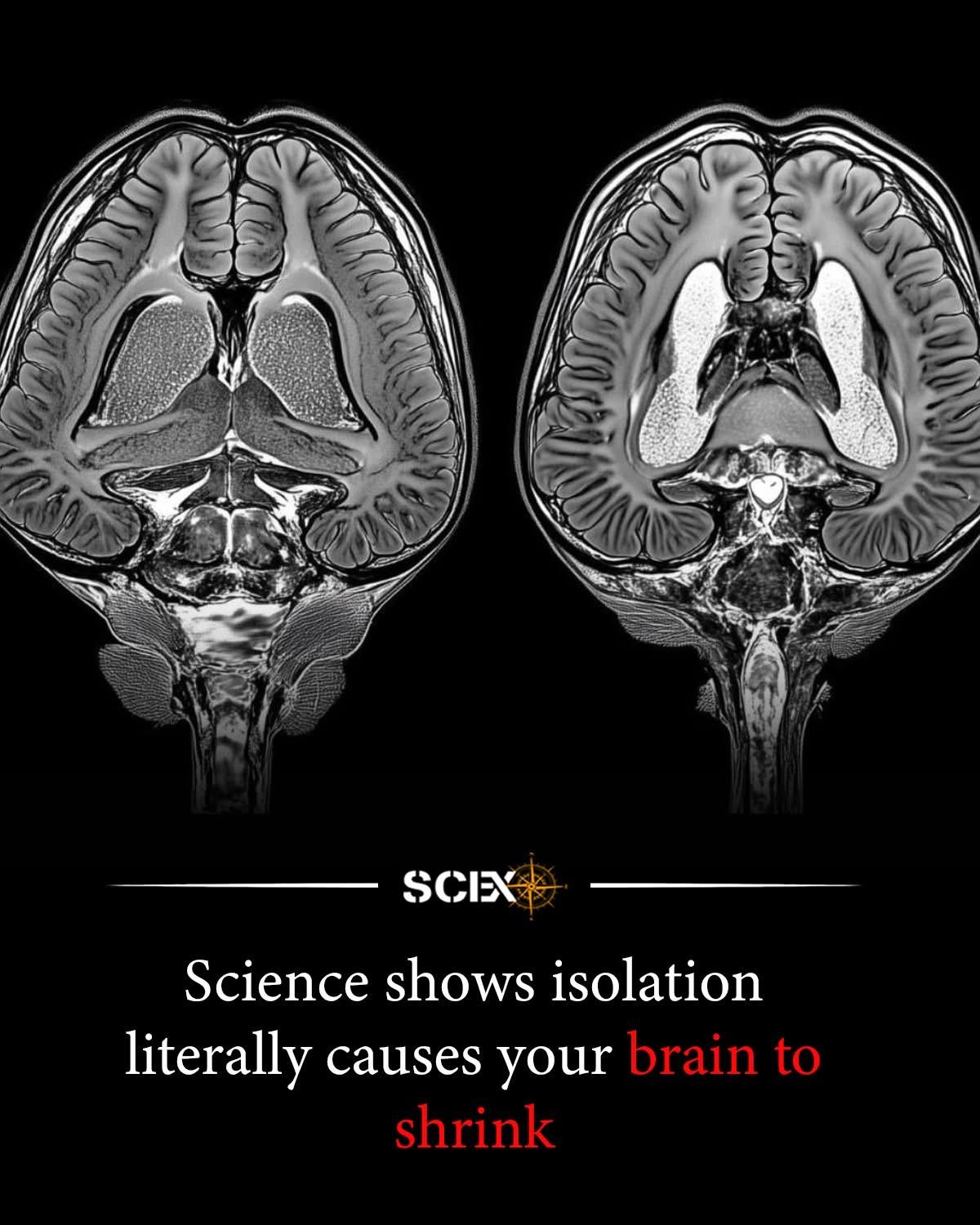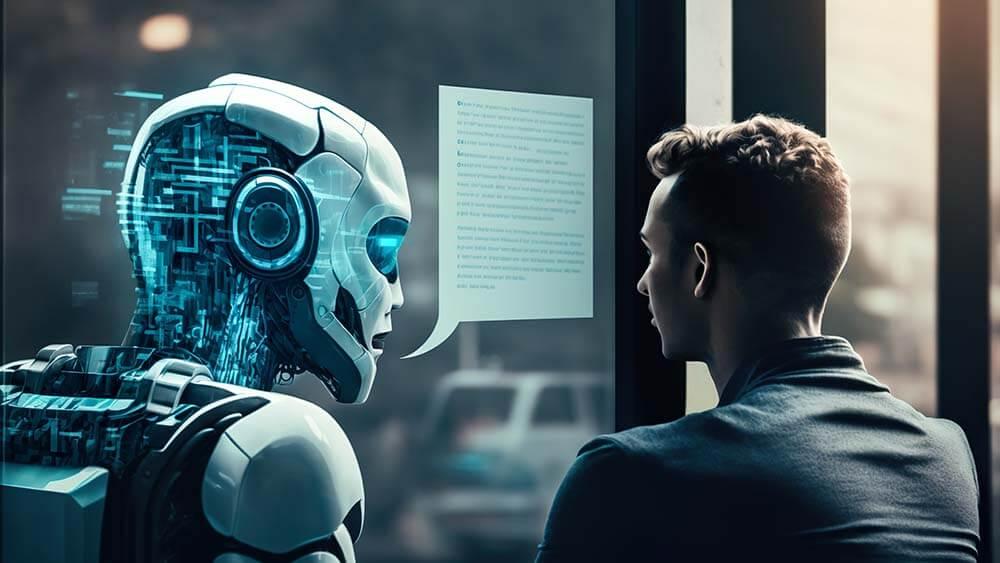Madani threatens jihad over SC verdicts, calls his own community murda for accepting rulings. Imagine a majority leader doing this—media explosion, arrests. But one side incites violence when they don’t win.
The majority swallows injustice silently. This is what India & the whole world is facing. We need to wake up and turn this off forever.
#savehindu #savesanatan #siddhadharma #jaishreeram #jaikalki #jihad #jaisambhalasamrajya #scrolllink
The majority swallows injustice silently. This is what India & the whole world is facing. We need to wake up and turn this off forever.
#savehindu #savesanatan #siddhadharma #jaishreeram #jaikalki #jihad #jaisambhalasamrajya #scrolllink
Madani threatens jihad over SC verdicts, calls his own community murda for accepting rulings. Imagine a majority leader doing this—media explosion, arrests. But one side incites violence when they don’t win.
The majority swallows injustice silently. This is what India & the whole world is facing. We need to wake up and turn this off forever.
#savehindu #savesanatan #siddhadharma #jaishreeram #jaikalki #jihad #jaisambhalasamrajya #scrolllink













